Have you ever wondered why your cat vanishes at the sound of the vacuum, or why she seems to melt into your lap when the house is calm and silent? The mysterious world of feline behavior is full of surprises, and one of the most touching is their deep preference for peace and quiet. Cats, those enigmatic and sensitive companions, have their own reasons for loving a tranquil environment. If you’re a cat lover, or someone who’s puzzled by your pet’s hiding habits, you’re in for a fascinating journey. Let’s dive into the secret life of cats and discover why loud noises send them fleeing, while quiet spaces make them feel truly at home.
The Sensitive Nature of Cats

Cats are often described as mysterious creatures, and a big part of that mystery lies in their sensitivity. Their senses, especially hearing, are much sharper than ours. Even the tiniest sound can be picked up by their keen ears. This heightened sensitivity helps them survive in the wild, but in our noisy homes, it can make them feel overwhelmed. Many cat owners notice their pets reacting to sounds we barely register. If you’ve ever watched your cat’s ears twitch at a distant noise, you’ve seen this sensitivity in action. It’s no wonder that a loud environment feels like too much for them.
Understanding Feline Hearing

Did you know that cats hear higher frequencies than both dogs and humans? While we hear up to about 20,000 Hz, cats can hear sounds as high as 65,000 Hz. This means that everyday noises—like a slamming door, a television, or a vacuum cleaner—are much louder and more intense for them. Their powerful ears were designed to pick up the tiny scurrying of a mouse, not the thunderous crash of dropped pots and pans. Living in a home filled with boisterous sounds can feel like living next to an airport for a cat.
Fight or Flight Instincts

Cats are hardwired with strong instincts for survival. Loud noises trigger their fight or flight response, a built-in alarm system that tells them to run or hide. In nature, sudden sounds could mean danger, like an approaching predator. When you yell, play loud music, or have a bustling household, your cat’s ancient instincts kick in. They don’t know that the noise is harmless; to them, it feels like a threat. That’s why you might find your cat under the bed or hiding in the closet during noisy moments.
Stress and Anxiety in Loud Environments
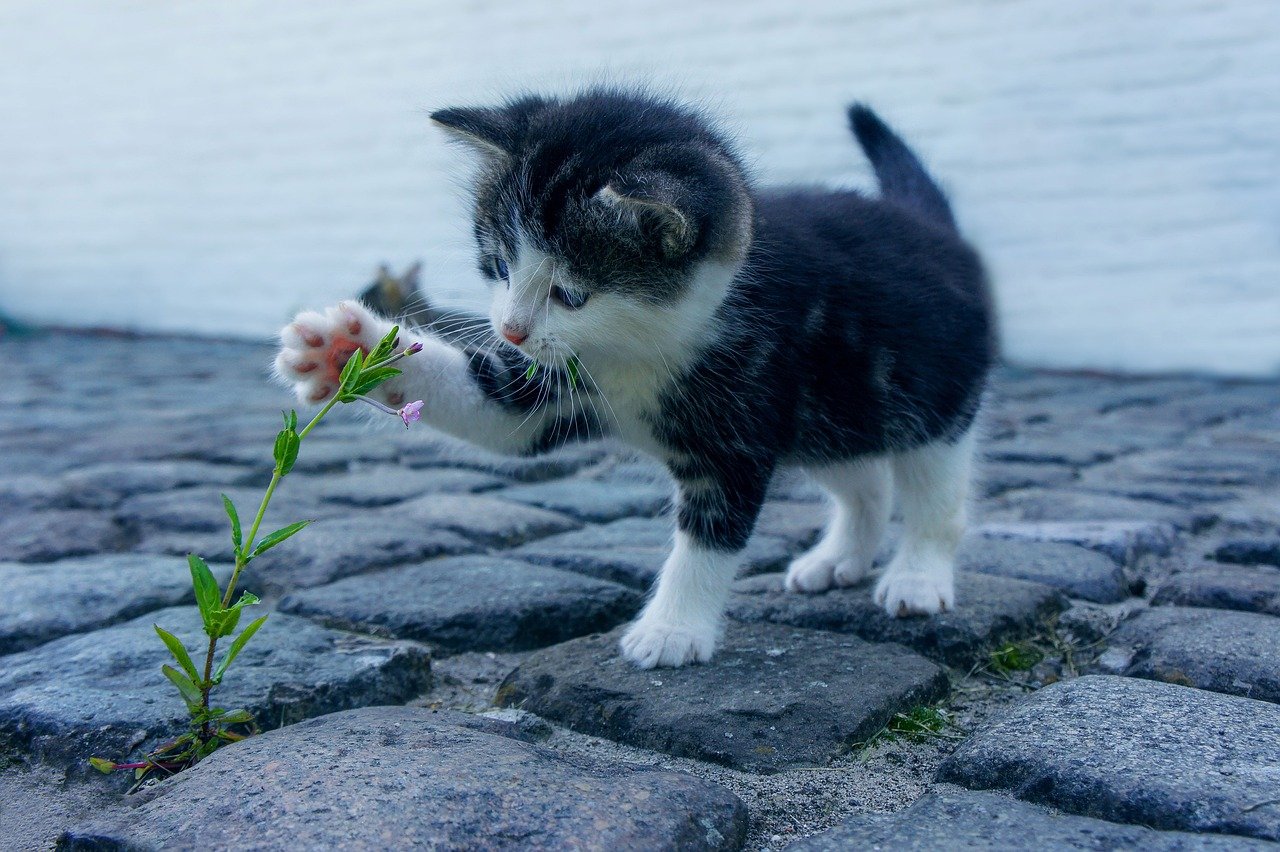
Loud environments don’t just spook cats—they can actually cause chronic stress and anxiety. Cats are creatures of habit who crave predictability and security. When their environment is unpredictable and full of startling noises, they can develop anxiety. You might notice signs like excessive grooming, avoiding people, or even changes in appetite. Over time, a stressful home can lead to health problems and behavioral issues. It’s heartbreaking to see a beloved pet unhappy simply because of noise.
The Comfort of Quiet Spaces

Quiet spaces are like safe havens for cats. When the world is calm, cats feel secure enough to relax, play, and show their true personalities. In a peaceful room, you’ll likely see your cat stretching out, purring, or even initiating playtime. Quiet allows them to let their guard down and feel at home. These tranquil moments are when the strongest bonds between cats and their humans are formed. For a cat, a quiet corner can feel like a warm hug.
Body Language in Noisy vs. Quiet Homes
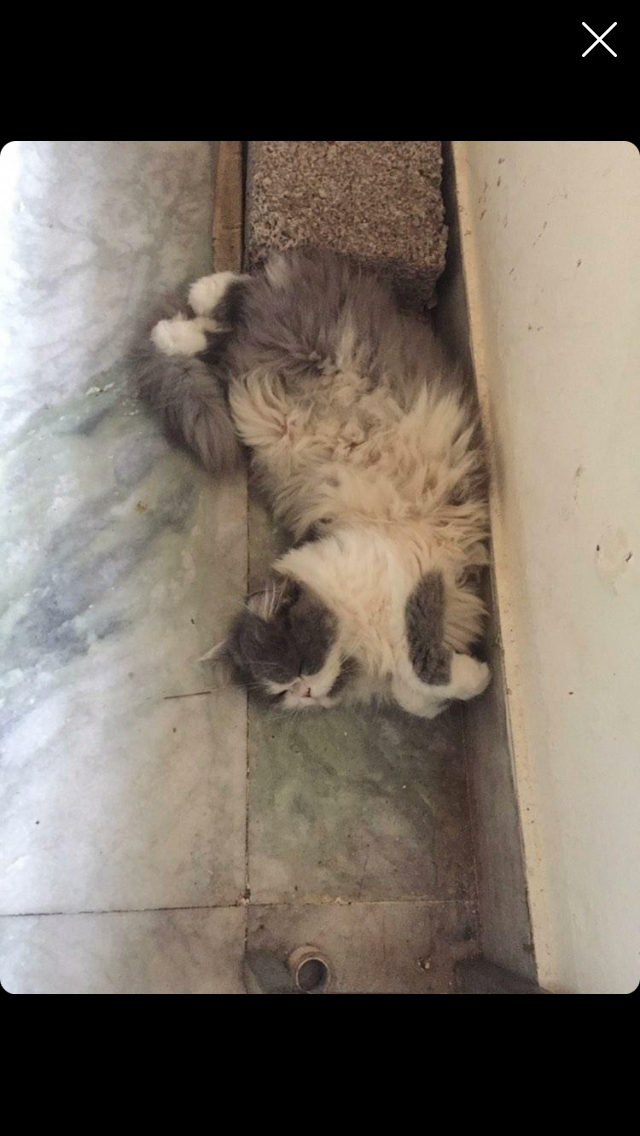
Cats speak volumes with their bodies. In loud homes, their posture often tells a story of stress: flattened ears, wide eyes, and a low, crouched stance. In quiet settings, you’ll notice the opposite—relaxed tails, slow blinks, and soft purring. If you pay attention, your cat’s body language will clearly show how noise levels affect their mood. Observing these subtle cues can help you understand when your cat feels threatened or at peace.
Why Some Cats Are More Sensitive Than Others

Just like people, some cats are naturally more sensitive than others. Breed, upbringing, and early experiences play a big role. For example, some breeds like Siamese or Russian Blues can be more sensitive to loud sounds. Cats that were raised in quiet homes or shelters may be startled by sudden noises. Kittens who are exposed to a variety of sounds early on may grow up more tolerant, but even they have limits. Understanding your individual cat’s temperament is key to making them comfortable.
How Kittens React to Noise

Kittens are especially vulnerable to loud environments. Their senses are still developing, so harsh sounds can be truly frightening. Early exposure to loud noises can shape their future behavior—kittens raised in noisy homes may become anxious adults. Gentle, positive exposure to new sounds helps kittens become more adaptable, but it’s always best to keep things calm. Many breeders and shelters use soft voices and gentle handling for this very reason.
Cats and Household Appliances

Vacuum cleaners, blenders, and washing machines—the symphony of modern life is a nightmare for most cats. These machines are loud, unpredictable, and often come with vibrations that cats can feel through the floor. Many cats will bolt the moment the vacuum comes out, or cower at the sound of the blender. Some cats even develop a fear of certain rooms because of noisy appliances. Creating “safe zones” where these sounds can’t reach them can make a big difference.
Impact of Children and Guests

Children are wonderful, but their playful energy and loud voices can be overwhelming for cats. Likewise, parties or frequent visitors can disrupt the peaceful atmosphere cats love. Some cats may hide for hours or even days after a noisy gathering. It’s important to teach kids how to approach cats quietly and gently. Letting your cat retreat to a quiet space during events can help them feel safe and reduce stress.
Feline Hiding Spots: Their Sanctuary

If you’ve ever lost sight of your cat during a noisy time, you know how skilled they are at finding hiding spots. Under beds, inside closets, or behind furniture—these are more than just escape routes; they’re sanctuaries. Cats instinctively seek out these spaces when they feel threatened by noise. Providing your cat with cozy hiding spots, such as covered beds or boxes, makes them feel secure and protected.
Nighttime Peace and Feline Behavior
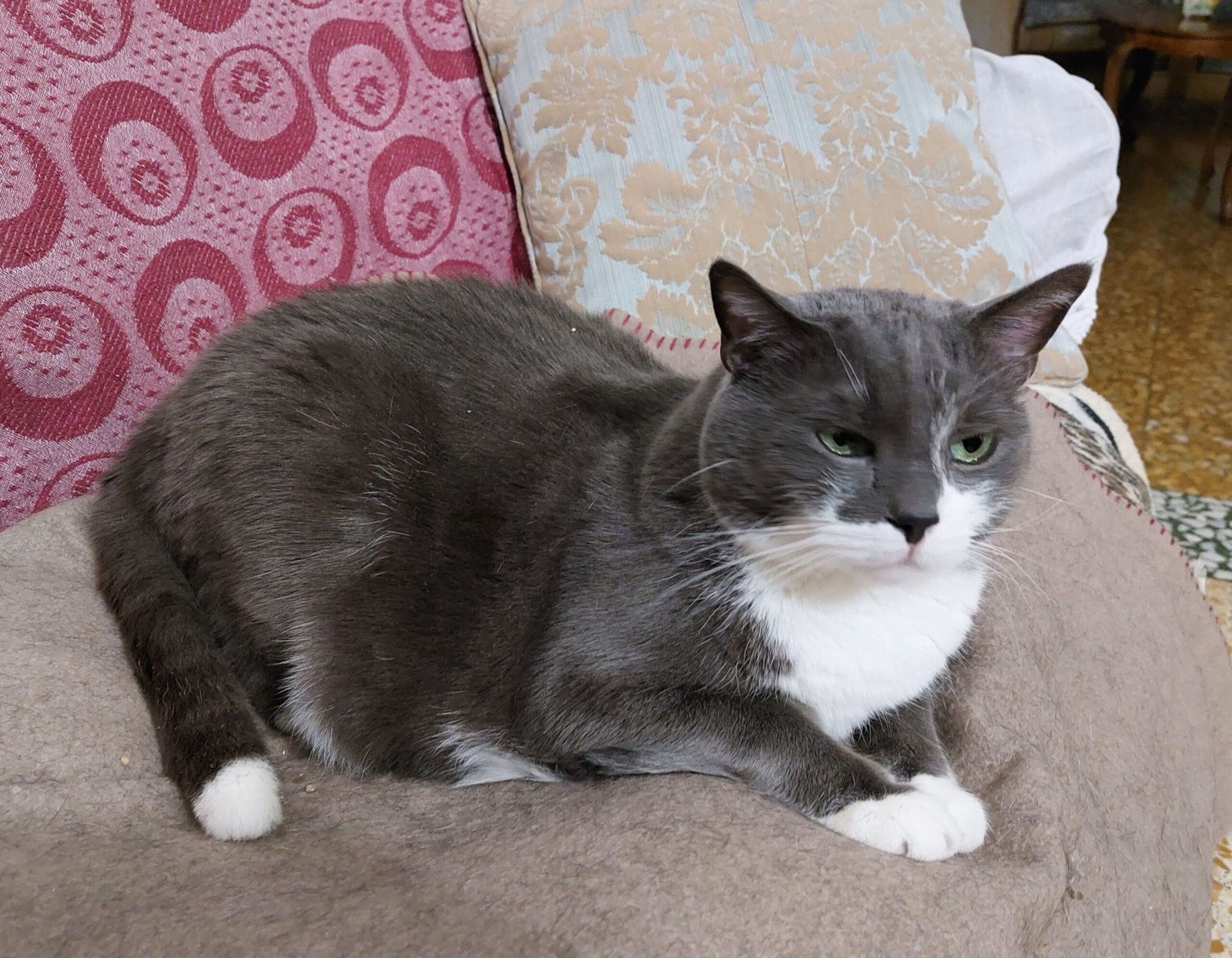
Many cats become more active at night, but they also cherish the peace and quiet that nighttime brings. When the household settles down, cats feel more comfortable exploring, playing, and interacting. For some cats, the quiet hours after everyone goes to bed are their favorite time of day. This explains why you might hear the pitter-patter of paws at midnight—your cat is finally enjoying the calm they crave.
The Role of Routine in Feline Comfort

Cats love routine, and part of that routine is the predictable quiet of certain times of day. Regular meals, playtimes, and quiet hours make cats feel secure. Loud, unpredictable events disrupt this sense of order and can make them anxious. By keeping a consistent routine and reserving certain times for peace and quiet, you can help your cat feel more at ease.
How Outdoor Cats Handle Noise
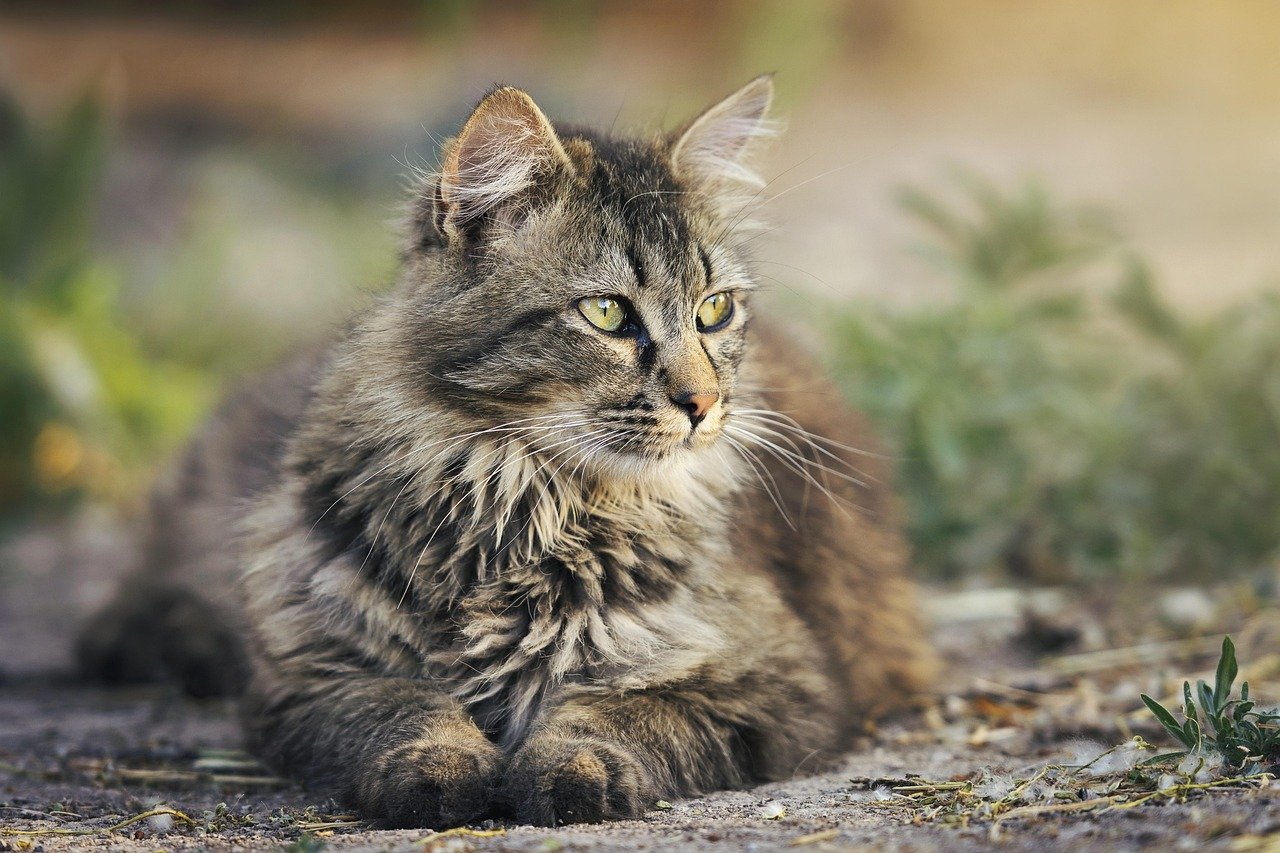
Outdoor cats have a different relationship with sound. While they’re exposed to more noises, like traffic or barking dogs, they also have the freedom to escape and find quiet places outside. A backyard bush or a quiet shed can offer sanctuary. However, even outdoor cats will avoid areas where loud, sudden noises are common. They’ll gravitate toward the calmest, safest spots they can find.
Effects of Noise Pollution on Cat Health

Chronic exposure to loud noise can have real health consequences for cats. Stress from noise can weaken their immune systems, making them more susceptible to illness. It can also lead to behavioral issues, like aggression or withdrawal. In severe cases, cats can develop stress-related conditions such as cystitis or digestive problems. Protecting your cat from ongoing noise pollution is a vital part of caring for their health.
Building a Quiet Cat-Friendly Home
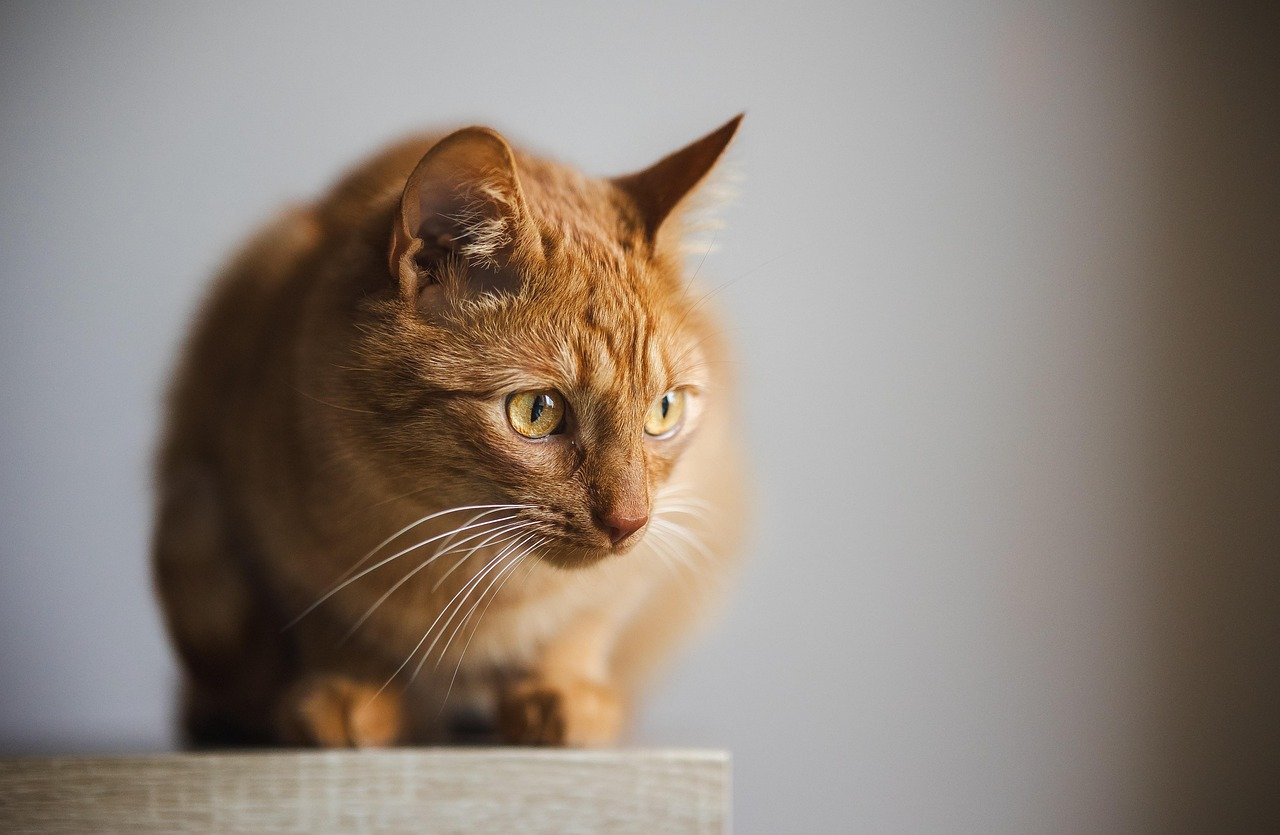
Creating a calm environment doesn’t mean living in silence. It means being mindful of your cat’s needs. Soft music, gentle voices, and quiet playtime can make your home more inviting for your feline friend. You can use soft rugs to absorb sound, and place your cat’s favorite bed in a peaceful corner. Even small changes, like closing doors during noisy chores, help create a sanctuary for your cat.
Using Calming Products for Anxious Cats

For cats who are especially sensitive to noise, there are products designed to help. Calming diffusers, sprays, and treats use natural ingredients to soothe anxious cats. Soft, cozy beds and blankets can also provide comfort. Some owners use white noise machines or nature sounds to mask sudden, jarring noises. These tools can be a lifesaver during thunderstorms, fireworks, or renovations.
Training Cats to Cope with Noise

While you can’t eliminate every loud sound, you can help your cat become more resilient. Gradual exposure to noises, paired with treats and praise, can make scary sounds less frightening. For example, playing recordings of thunderstorms at a low volume while offering treats can help your cat adjust. Patience is key—never force your cat to confront a noise that terrifies them. Over time, gentle training can reduce their anxiety.
Quiet Bonding Time: Strengthening Your Relationship

Some of the most magical moments with your cat happen during quiet times. Sitting together in silence, gentle petting, or simply sharing a sunbeam—these peaceful moments build trust and deepen your bond. They remind your cat that your home is a safe, loving place. Taking time each day for calm, one-on-one interaction makes your cat feel valued and secure.
Recognizing When Your Cat Needs Help

Sometimes, noise sensitivity goes beyond normal feline behavior. If your cat is constantly anxious, hiding, or showing signs of illness, it may be time to consult a veterinarian or animal behaviorist. Ongoing stress can have serious consequences, and professional guidance can help you find solutions. Remember, every cat deserves a peaceful, loving home where they can truly thrive.
Embracing the Quiet Life with Your Cat

At the end of the day, cats teach us the beauty of slowing down and appreciating tranquility. Their preference for quiet isn’t just about comfort—it’s a call to create a home filled with calm, safety, and love. Whether you live in a bustling city or a peaceful suburb, you can make your home a sanctuary for your feline friend. Isn’t it amazing how a little peace and quiet can bring out the very best in our cats?
Hi, I’m Bola, a passionate writer and creative strategist with a knack for crafting compelling content that educates, inspires, and connects. Over the years, I’ve honed my skills across various writing fields, including content creation, copywriting, online course development, and video scriptwriting.
When I’m not at my desk, you’ll find me exploring new ideas, reading books, or brainstorming creative ways to solve challenges. I believe that words have the power to transform, and I’m here to help you leverage that power for success.
Thanks for stopping by, Keep coming to this website to checkout new articles form me. You’d always love it!






